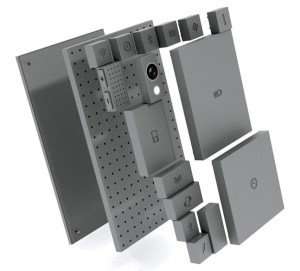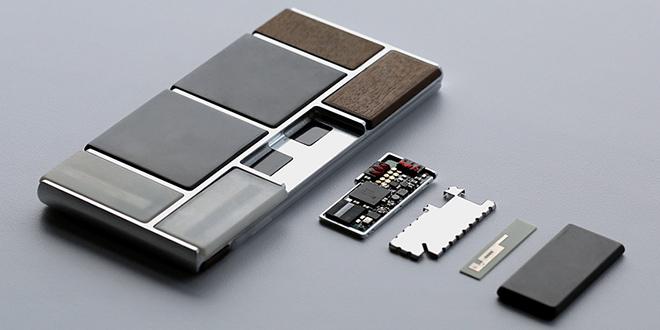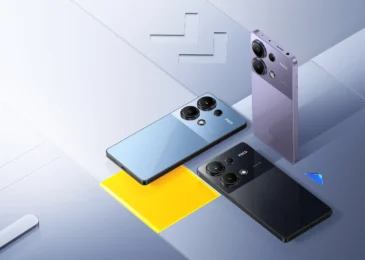Modular anything is good. The user gets to change the parts and thus, change the configuration of the product without having to think about changing the entire product itself if there is a need. Though we heap praises about this, the development in this technology is low, because of the potential risks and costs, and in the end, lack of ease of use.
Having said that this isn’t easy, we put a focus on how well this would be, if there is proper use of technology in developing modular smartphones. There are loads of brands already, and new ones keep coming up in the market to sell smartphones, having almost similar specs in a price range, and while one might give woes about battery, other would be poor at performance, and then, there are compromises with your pocket savings if you are looking for a better device.
Modular smartphones are the future. The reason why we feel so, is because modular smartphones are said to be coming with a core and everything else will be a module, which can be replaced any time. For example, if you purchase a modular phone with 1GB of RAM and 2000 mAh battery, and later feel that these both aren’t any good, they can be replaced with higher RAM and battery capacity. Not just that, the modules for processor, camera, screen can all be changed, while the core remains the same. The core will have a connector to keep things intact and simple for the modules to get connected to each other.

Right now, if the display of a smartphone cracks, it is the service centre where the user ends up and pays heavy amount to get that replaced, but modular smartphones would make it easy for the user to do that. The need for technical knowledge is said to be low, and this could be a win-win situation for both, the companies and users. Companies could still keep making and selling different modules, while users can have a base and change the modules according to need, with time.
Though time would tell how well things would progress, we are hoping high for the modular smartphones to reach the masses and do well with the user experience.
About the author: Chetan Bhawani is a tech blogger, founder and editor at Gizmo Times, which focuses on bringing the latest best about technology, gadgets and the web.





